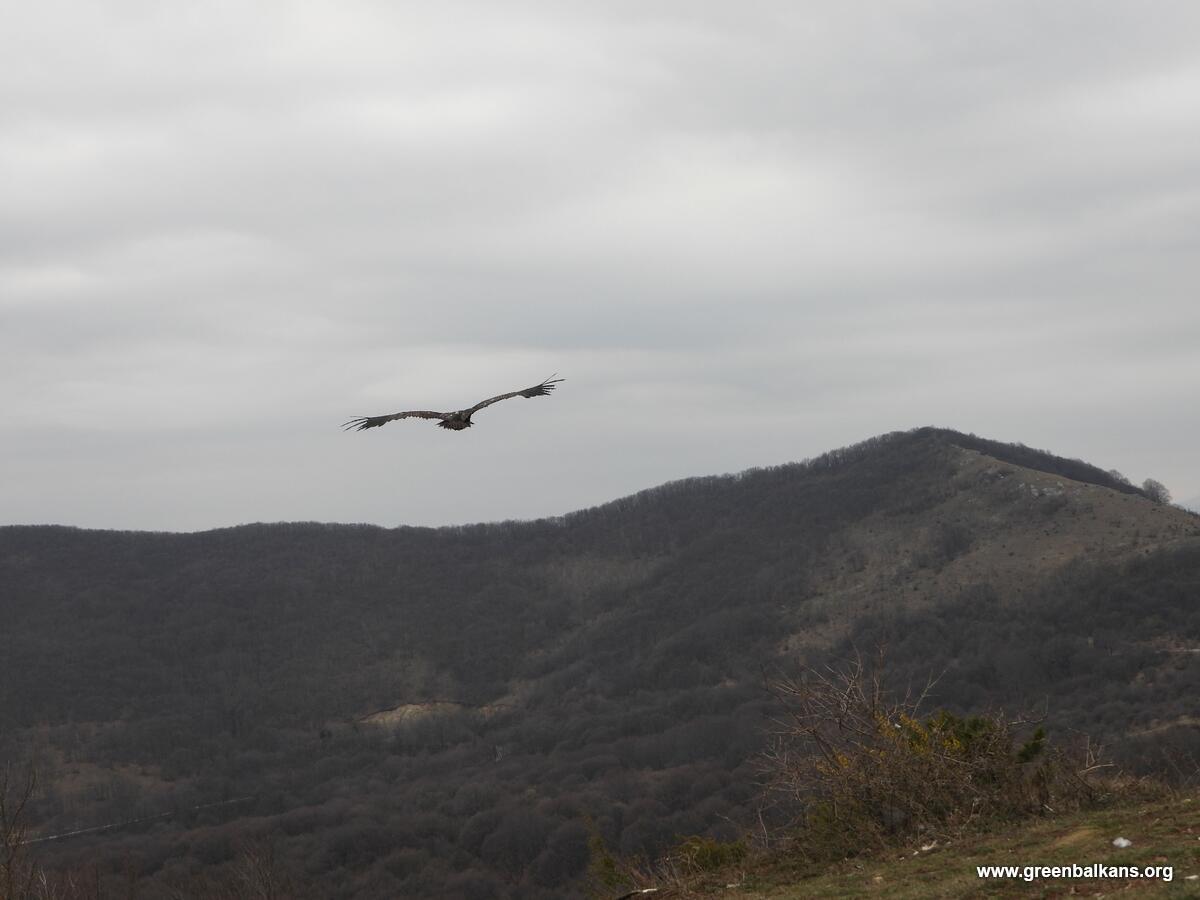…that the species has increased substantially in Spain, from 250 pairs in the 1980s to 2000+ pairs now, and that it has recolonised Portugal (18 pairs) and has been successfully reintroduced in France (30+ pairs), but it is struggling elsewhere, with the only other European foothold in Dadia forest in Greece (30 pairs)?
With the growing population in France and Spain, the number of observations of this species across Europe (Italy, Balkans, etc) has increased, and in the next few years the VCF and its partners will attempt to reintroduce it to Bulgaria, as part of the LIFE Vultures Back to Life – following on the successful reintroduction of the griffon vulture to the Central Balkan Mountains there.
Vultures play a very important role in the world´s ecosystem – they are nature’s clean-up crew. They don’t kill, they eat the flesh of other dead animals, thus helping to reduce the spread of disease and eliminating the need for the treatment and incineration of thousands of tons of animal remains every year, saving us millions of euros in waste management and potential emissions of hundreds of thousands of tons of C02 per year.
Unfortunately, they face a range of threats and so populations of many species are under pressure and some species are facing extinction – the VCF is working hard in Europe to minimize those threats and actively work on the ground with several populations to increase them.
More globally, the VCF and its partners have developed a Vulture Multi-Species Action Plan (MsAP), prepared in the framework of the Convention for the Migratory Species, that list the priority actions that need to be taken in order to improve the conservation status of 15 species of old world vultures. The Vulture MsAP will hopefully be approved by all signatory states in the next Conference of the Parties this fall, and will then be a significant tool to address these massive poisoning incidents and therefore revert the decline of several vulture species.
It is important to promote the conservation of vultures to a wider audience and highlight the important work being carried out by the world’s vulture conservationists, and today´s International Vulture Awareness Day is a great opportunity for that. Support the VCF by donating to us, or by spreading the message about our work and activities: see www.4vultures.org/news for info on our projects and vultures more widely.
Photo: Jonas Verhulst/VCF





